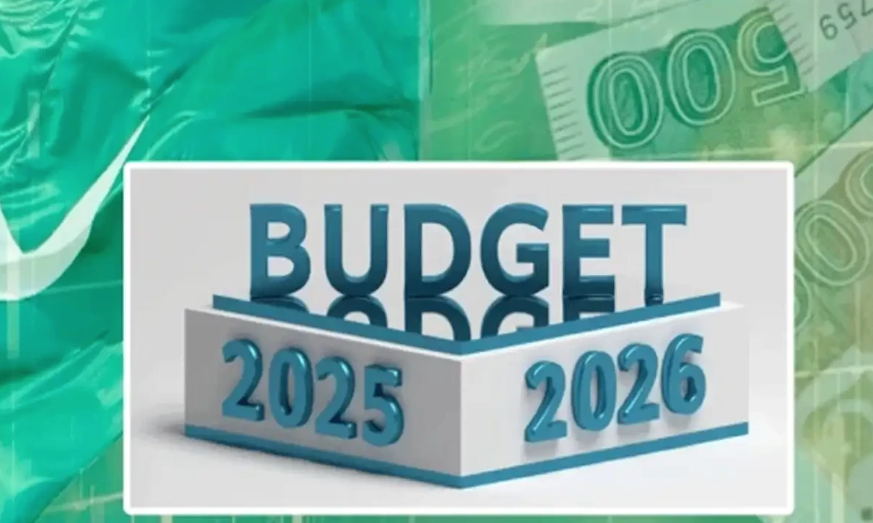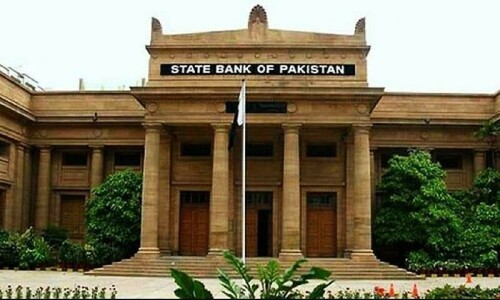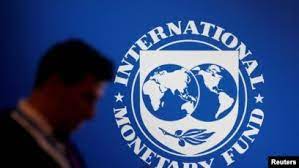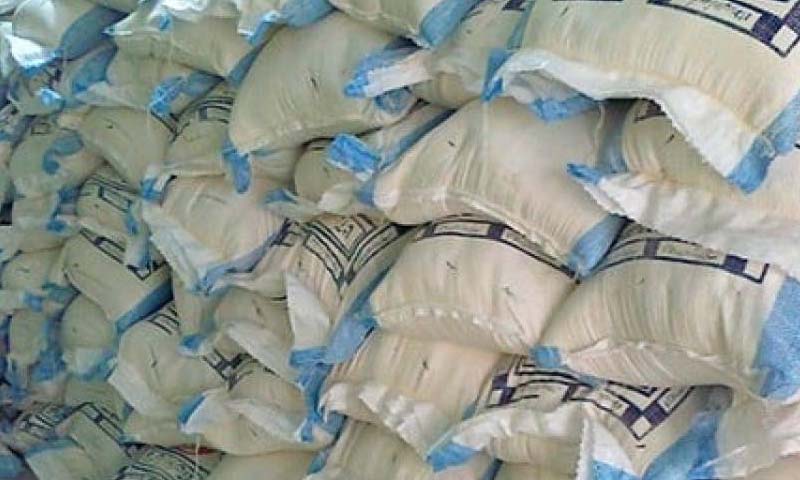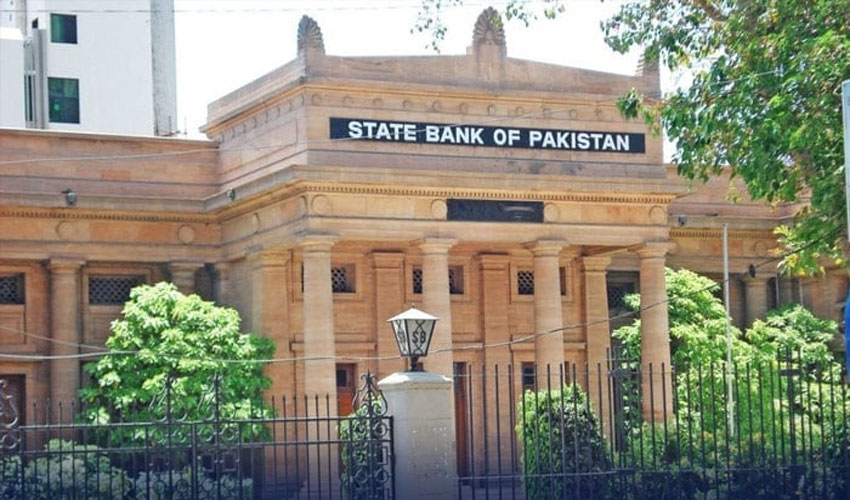TRADE & ECONOMY

Global credit rating agency Moody’s has issued a warning that prolonged and escalating tensions between India and Pakistan could seriously impact Pakistan’s fragile economic recovery and hinder fiscal consolidation efforts.
The agency’s statement comes amid growing strain between the two nuclear-armed neighbors following the April 22 attack in Pahalgam, occupied Kashmir, which claimed the lives of 26 individuals, mostly tourists. India has alleged cross-border involvement without furnishing evidence, while Pakistan has strongly denied the accusations and called for an independent investigation.
As tensions intensified, Pakistan bolstered its military preparedness against a potential incursion, while Indian leadership granted “operational freedom” to its armed forces. Although diplomatic efforts are ongoing, both sides remain on high alert.
In a note issued on Monday, Moody’s stated, “Sustained escalation in tensions with India would likely weigh on Pakistan’s growth and hamper the government’s ongoing fiscal consolidation, setting back Pakistan’s progress in achieving macroeconomic stability.”
Moody’s acknowledged recent improvements in Pakistan’s macroeconomic indicators — with inflation easing, foreign reserves slightly recovering, and gradual GDP growth supported by progress under the International Monetary Fund (IMF) programme. However, it warned that heightened geopolitical risk could derail these gains.
“A persistent increase in tensions could also impair Pakistan’s access to external financing and pressure its foreign exchange reserves, which remain well below what is required to meet its external debt payment needs for the next few years,” the agency added.
Moody’s also cited a worrying development — India’s reported suspension of the Indus Waters Treaty — which, if confirmed, could significantly reduce Pakistan’s water availability, adding further economic and humanitarian stress.
While the agency forecasted that a full-scale military conflict is unlikely, it did expect periodic flare-ups to continue, consistent with historical patterns of post-independence hostilities.
Comparatively, Moody’s painted a more stable outlook for India’s economy, driven by robust public investment and steady private consumption. It noted that India’s minimal economic ties with Pakistan—accounting for less than 0.5% of its total exports—would insulate it from direct economic disruption in case of localized conflict.
However, the agency cautioned that rising defence expenditure could dent India's fiscal strength and slow down its path to fiscal consolidation.
“Our geopolitical risk assessment for Pakistan and India accounts for persistent tensions, which have, at times, led to limited military responses,” the agency said, underscoring the strategic volatility in the region.
Moody’s report serves as a sobering reminder that geopolitical conflict not only poses security risks but can also severely destabilize economic systems, especially in countries like Pakistan that are already managing debt obligations and fiscal reforms under international scrutiny.
